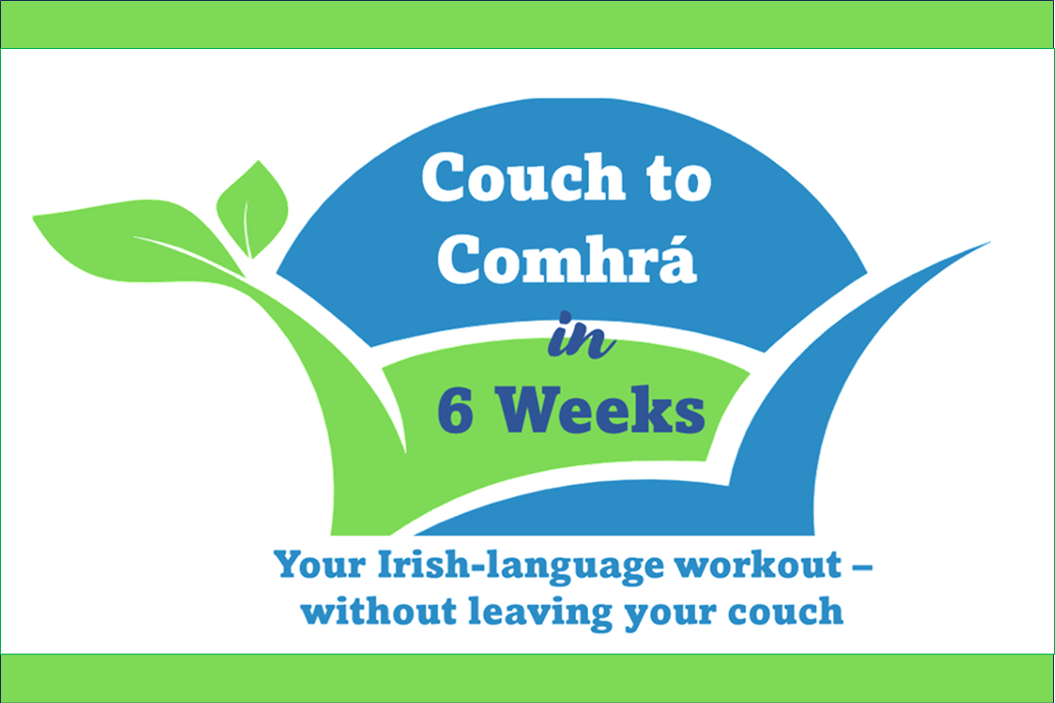Self-Study Courses
Would you like to study Irish in your own
time, independent of a teacher, at your
own pace? Then, try Gaelteanga’s highly
interactive and engaging self-study
courses. These courses, which are
carefully graded, aim to make the
language accessible and fun to learn.
| Beginners / A1 | Course syllabus | €49 per step |
|---|---|---|
| Step 1 | Click here | Buy Now |
| Step 2 | Click here | Buy Now |
| Step 3 | Click here | Buy Now |
| Elementary / A2 | Course syllabus | €49 per step |
| Step 4 | Click here | Buy Now |
| Step 5 | Click here | Buy Now |
| Step 6 | Click here | Buy Now |
| Lr. Intermediate / B1 | Course syllabus | |
| Steps 7, 8 and 9 | Coming soon | Upr. Intermediate / B2 | Course syllabus |
| Steps 10, 11 and 12 | Coming soon |
Course Content
- Six-month access to an online self-study course
- Each new word or phrase accompanied by a sound file
- Five fun interactive quizzes at the end of each unit of learning
- Full support throughout the course
- Content can be accessed easily from any device
- Option of undertaking an online oral exam and gaining a certificate
Our approach
- These self-study courses are carefully graded and the language is taught in a clear and accessible way.
- Each new word or sentence is accompanied by a sound file.
- The focus is on teaching natural everyday Irish and getting the learner to communicate in the language as soon as possible.
- Each unit contains five fun interactive exercises which test the learner’s knowledge of the language taught in that unit.
- Grammar is taught in context, as it’s required, and is presented in manageable chunks. Complicated explanations are avoided.
- On completing a course, learners can take an online oral exam and gain a certificate or choose to progress to the next course without taking an exam.













